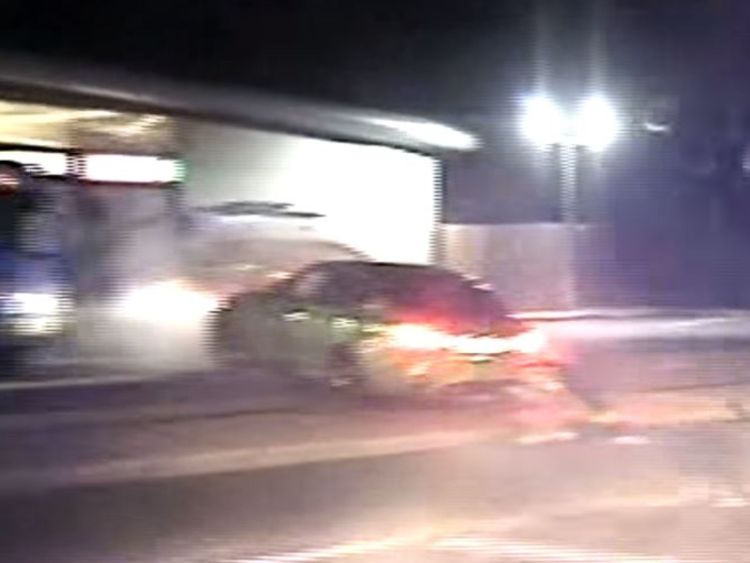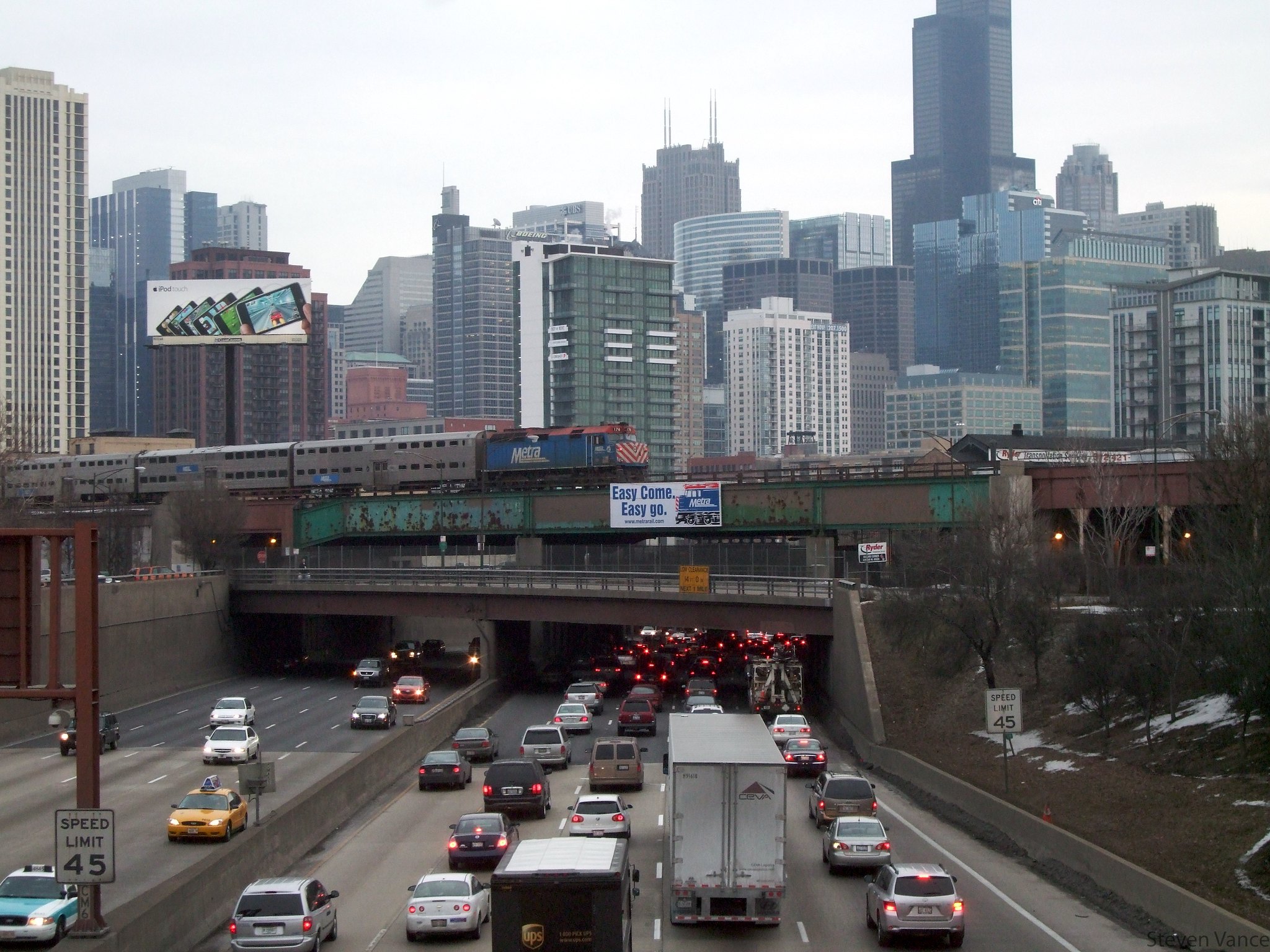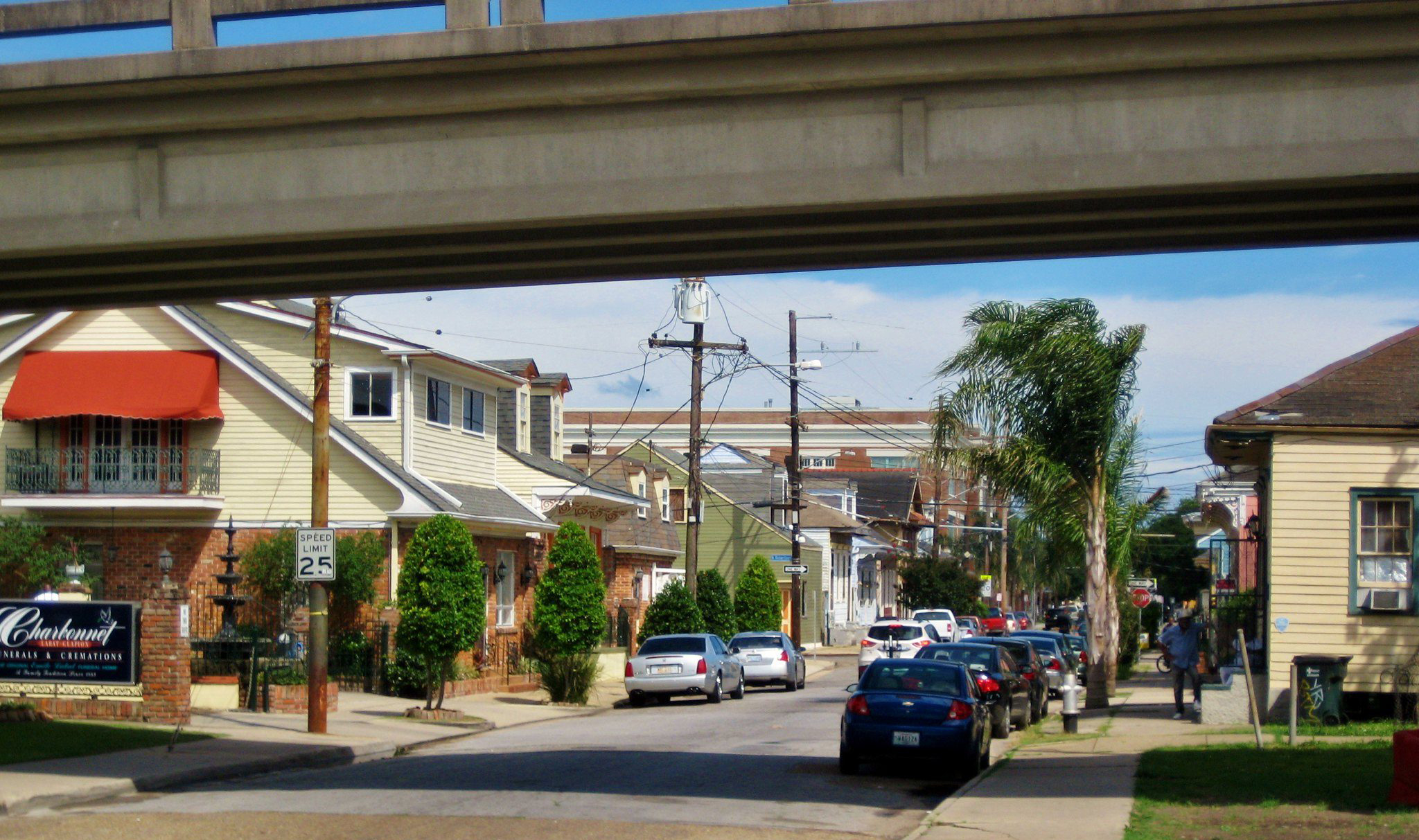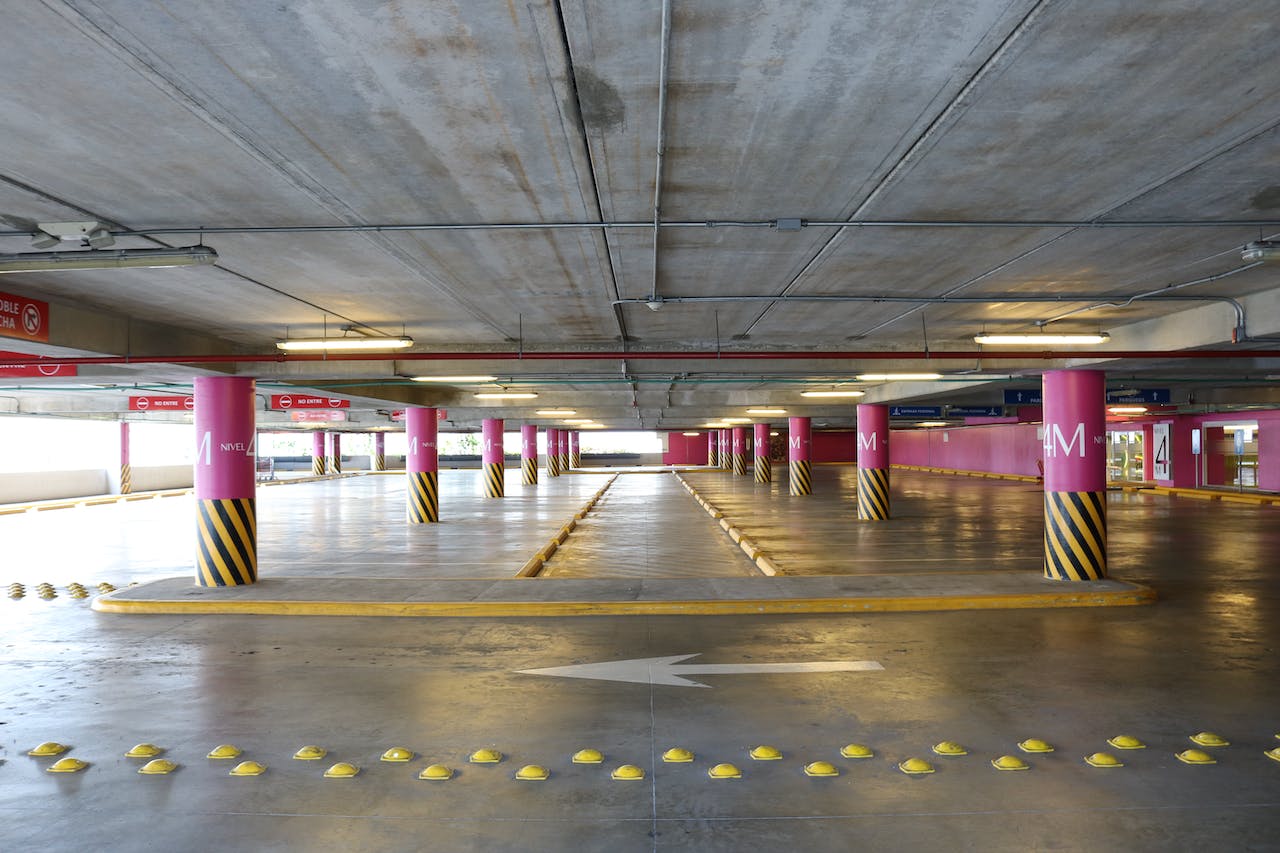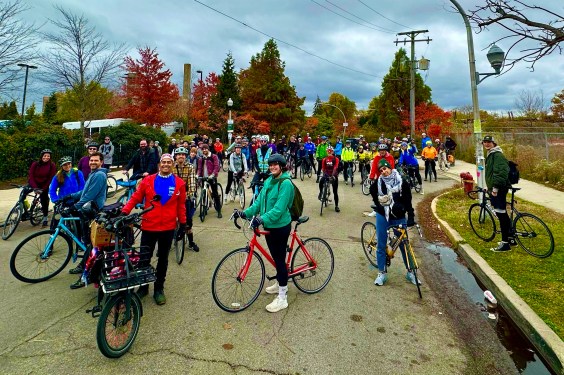A reckless driver made headlines in the UK city of Birmingham this week after he topped out at speeds of 115 mph on local streets while fleeing a traffic stop.
The driver, 30-year-old Kamar Farooq, eventually crashed into another car (the report doesn't note any injuries, miraculously). He will be jailed for two-and-a-half years and banned from driving for 10, according to Sky News.
At the end of the story, a local police officer notes "the outcome could have been much worse" because the BMW Farooq was driving is "a high performance vehicle."
Not only did Farooq exceed the 30 mph speed limit by nearly a factor of four, the BMW could have gone much faster.
The question is why? Why are BMW and every other carmaker allowed to sell vehicles designed to travel at speeds that are inherently dangerous and, in the U.S. at least, illegal on any public roadway?
Car companies must find some marketing and sales advantage in equipping their products with such excessive power. There's even a Ford Focus model that tops out at 165 mph.
In the U.S., the National Highway Traffic Safety Administration is responsible for automobile safety standards. But carmakers have a great deal of influence over the NHTSA.
In a 2015 USA Today piece, two environmental watchdogs described the revolving door between the agency and the automobile industry. The NHTSA's ability to pursue public safety and environmental goals has been compromised over the years as dozens of officials have left the agency for lucrative jobs with auto companies.
Nor is there any great public pressure to regulate the destructive power of cars. Despite the rising death toll on American streets and highways, we allow car companies to design products that can cause great harm and no one even questions it.
More recommended reading today: Lisa Schweitzer considers an under-appreciated factor behind opposition to congestion pricing. And Jarrett Walker at Human Transit says people are drawing the wrong conclusions about declining transit ridership from an influential paper published by the Mineta Transportation Institute.
